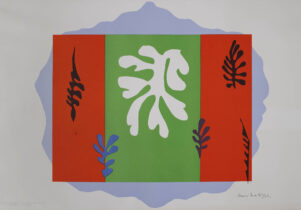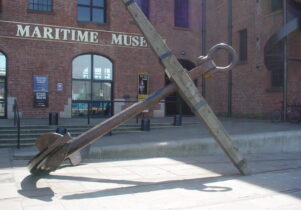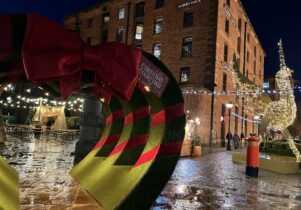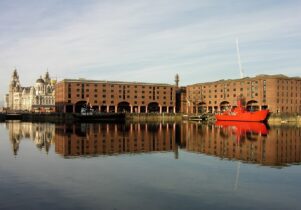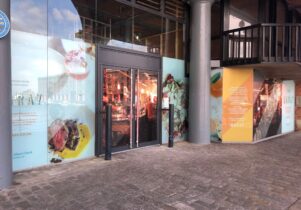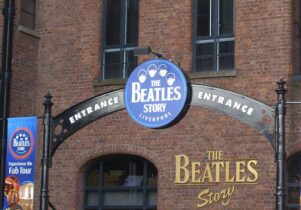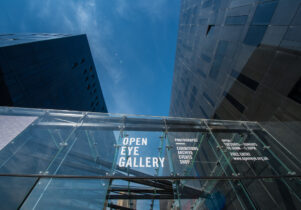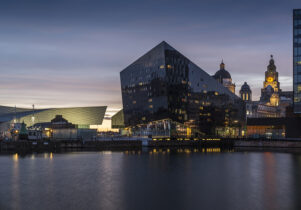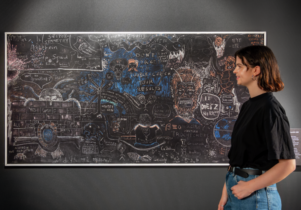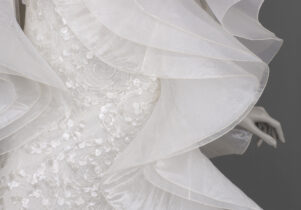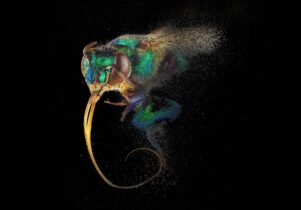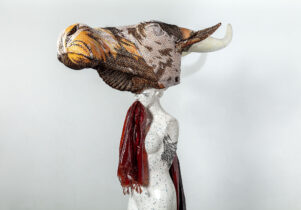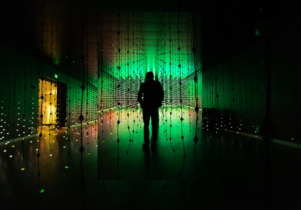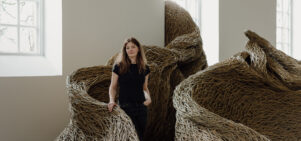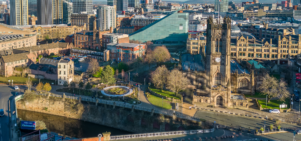Don McCullin at Tate Liverpool
Sara Jaspan, Exhibitions Editor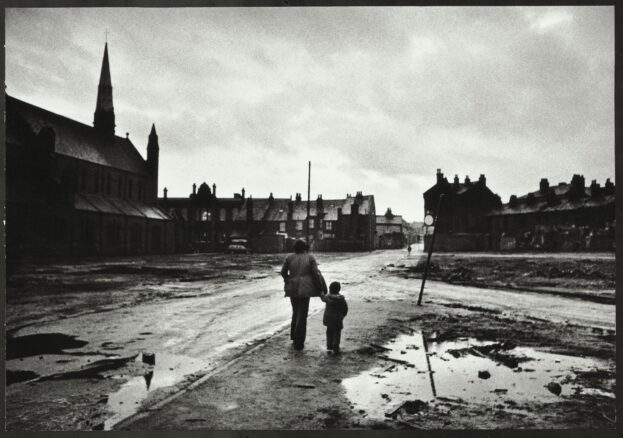
Widely considered one of the greatest photojournalists of our time, Don McCullin is best known for his powerful images “reporting back” from major conflicts around the world over the last 60 years – Northern Ireland, Vietnam, the Congo, Cyprus and Beirut among them. He was there when the Berlin Wall was erected in 1961, documenting the moment and receiving a British Press Award and permanent contract with The Observer as a result. And he continues today, in his mid-80s, travelling to Palmyra in Syria in 2017 to capture the deliberate destruction and demolitions undertaken by the so-called Islamic State in the ancient city.
His work is broad and diverse, however, also spilling over into landscape and social documentary photography during the course of his long career and addressing issues such as homelessness in Britain that remain urgent today. Now, a major retrospective of his work, first presented last year at Tate Britain, travels northward to Liverpool containing additional images of the city which McCullin took during the 1960s and 70s as part of an attempt to publicly highlight the realities of life in the industrial, working-class towns and cities of northern England.
The exhibition contains over 250 silver gelatin prints, hand processed by McCullin in his darkroom at home. Among these are many of his most famous images, such as ‘Shell-shocked US Marine, The Battle of Hue’ (1968) and ‘Starving Twenty Four Year Old Mother with Child, Biafra’ (1968), as well as a series of ‘new surprises’ – never previously printed photographs selected from his archive of 60,000 negatives. These will be presented alongside magazine spreads of the photographer’s work, his contact sheets, helmet and the Nikon camera which took a bullet for him in Cambodia.
Speaking to The Art Newspaper in 2019, Don McCullin expressed his frustration with the media today, which he argues gives more space to celebrity stories than conflict or suffering. What he wants most from the exhibition is for visitors ‘to come away saying, “God, is this going on in the world? Should this be right? Shouldn’t we stop that?”’ On such a note, there seems little else to add.
